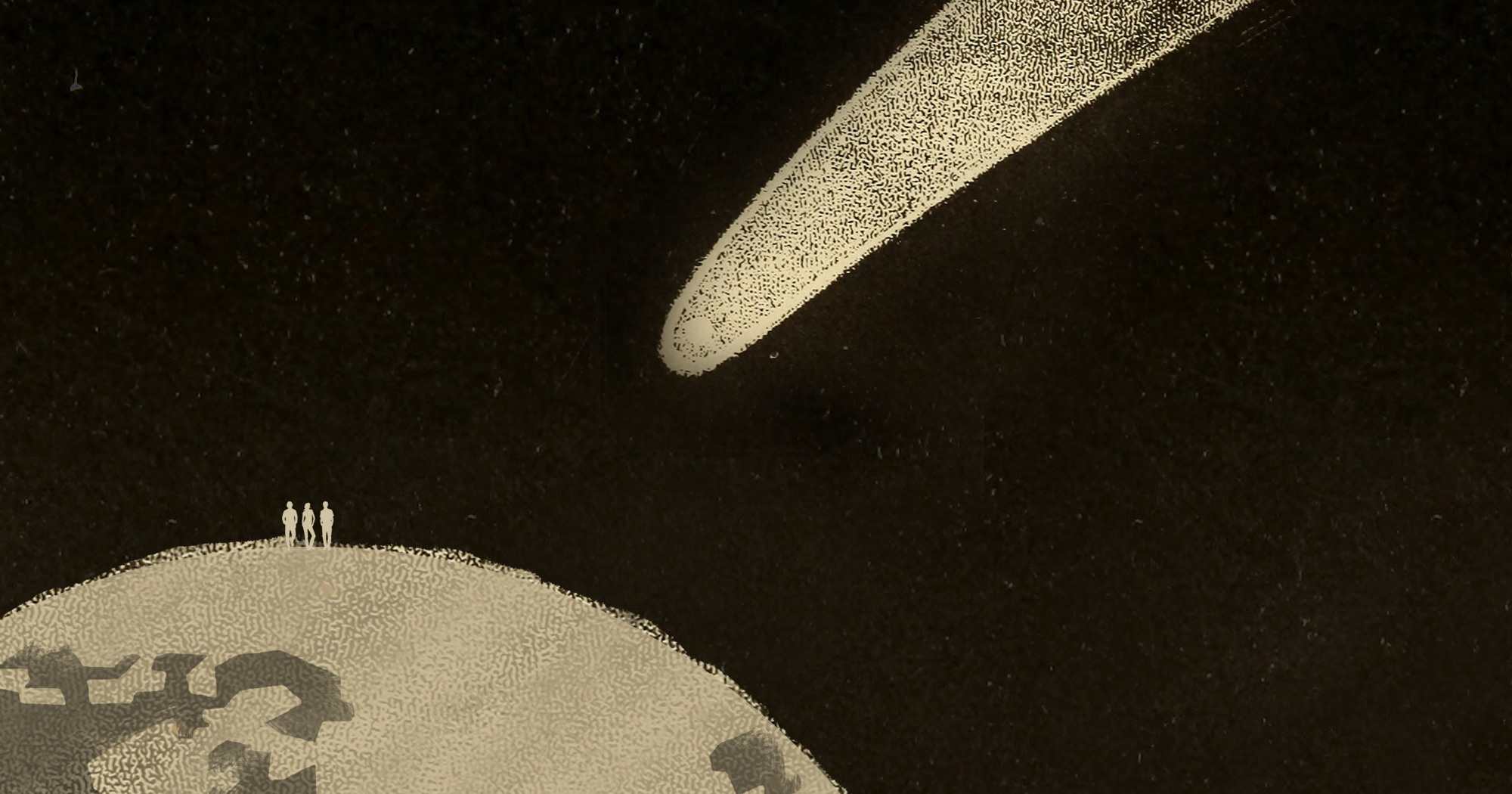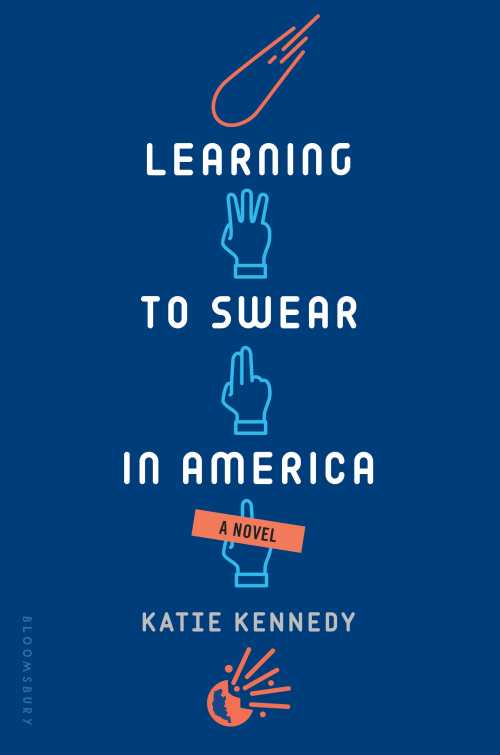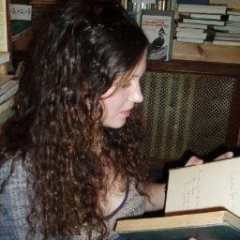Will Teenagers Save the World? YA Author's 'Learning to Swear in America'

Summer is for blockbusters–and why not transfer all of that excitement to a book? Katie Kennedy’s new young adult novel, Learning to Swear in America, takes the thrilling, possibly world-ending topics of disaster films and translates them into a work full of both heart and intelligence.
The story focuses on Yuri, a Russian super genius still in his teens who is tapped to help stop an asteroid that is hurtling toward America’s West Coast. But before comes up with a solution to save millions, he must work through his own existential issues–all with the help of an appealing young California girl, who teaches him a thing or two about living beyond formulas. Kennedy’s novel shines with verve and appeal, while also helping to resuscitate the notion that what we do with our minds matters terrifically, and that thought itself–with the right combination of empathy, of course–can be salvific.
What, if anything, do you hope young readers take away from teenaged Yuri’s scientific genius, and the significance his curiosity holds for everyone on Earth?
![Katie Kennedy: 'Art makes [saving the world] worth the effort.' Katie](https://www.forewordreviews.com/media/newsletter-art/51360-w250.jpg)
Katie Kennedy: 'Art makes [saving the world] worth the effort.'

You know the contempt some people have for education, expertise, and intellect? I call that the Dumb Pride movement, and I don’t want it to gain any more traction.
My editor says I write smart books, and I hope that’s true—that in some small way they encourage kids to embrace their talents, in whatever form they take.
And it would be great if some kids decided to learn how to stop an asteroid. Before I started this book, I pegged the danger from asteroids at about the same level as the danger of being killed by an escaped rhino or a fall from a chair. You know it could happen—but it’s just not going to. Then I did a little reading–and lost a lot of sleep.
There is some prejudice surrounding adult readers who read young adult novels. As a young adult writer, what is your opinion of the age divide?
Can’t we just read the books we want to? Could it be that simple?
When I was about twelve I made a speedy library trip and one of the books I came home with was below my reading level—I just hadn’t checked it carefully at the library. When I returned those books, I overheard the librarians talking about it. They were really harsh and they went on for a while. It was acutely embarrassing—I mean, what isn’t when you’re twelve? But I still remember the sting of failing an evaluation I didn’t even know was occurring.
I stopped reading children’s books altogether—and I missed a lot of good stuff.
So I have a fairly negative view of the urge to judge other people’s reading material.
Tell us about the experience of working with Bloomsbury to bring Learning to Swear in America to press.
Bloomsbury has been great! My editor, Sarah Shumway, had me revise before she made the offer. She said she wanted more of Yuri–so I thought about what was the worst thing I could do to him, and then I sent him to gym class, heh heh.
When Sarah went on maternity leave, Françoise Bui stepped in. I was hoping this might be a substitute-teacher dynamic and there could be hijinks—in particular I worked on Linda Minton, my copy editor, trying to bring her over to the dark side. But Françoise ably prevented that, and everything was in order when Sarah returned, wearing a pith helmet and carrying a machete, to slash her way through the manuscript one more time.
Dovie doesn’t share Yuri’s gifts, but she still teaches him a thing or two. Why are both teenagers’ approaches to life—analytical and experiential—important to the project of saving the world?
I like how you put that—analytical and experiential. I think of them as Art and Science—Science may be able to save the world, but Art makes it worth the effort.
What projects are you working on next?
I have a second book with Bloomsbury, What Goes Up, scheduled for release in 2017. It’s another YA contemp/sci fi mashup—maybe a little more sci fi than Learning to Swear in America.
And I have four more YAs and a middle grade novel in varying stages.
Other than the people!!–what Earth-features are most worth saving in a world-end scenario?
Libraries, hospitals, and the recipe for chocolate. And comfortable mattresses, because even if the world’s ending, I don’t want to sleep on a bag stuffed with corncobs.

Michelle Anne Schingler is associate editor at Foreword Reviews. You can follow her on Twitter @mschingler or e-mail her at mschingler@forewordreviews.com.
Michelle Anne Schingler
